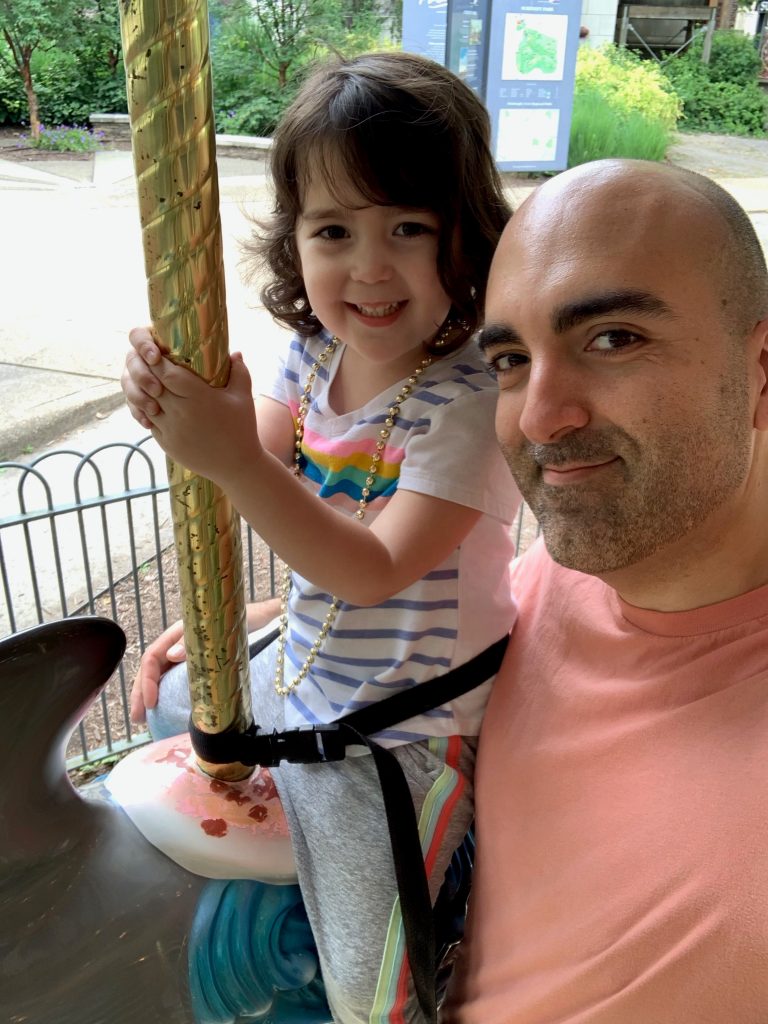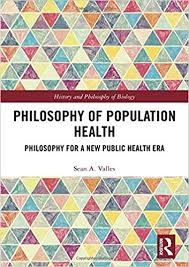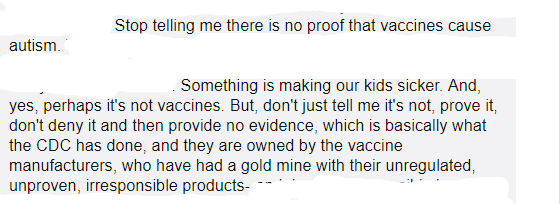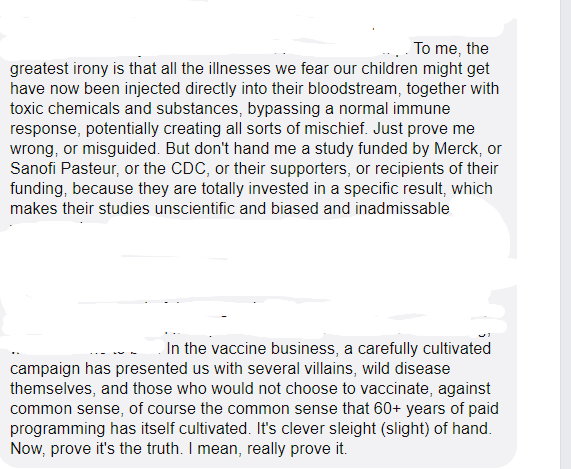Following the two high-profile cases of Charlie Gard and Alfie Evans, parents’ right to pursue medical care for their child deemed futile by doctors is once again at stake in the UK.

Tafida Raqeeb suffered a traumatic brain injury in February of 2019 as a result of a arteriovenous malformation. Tafida’s mother, Shelina Begum, and her father, Mohammed Raqeeb, want to seek additional treatment for the five year old in Italy. But the Royal London Hospital says releasing her is not in the child’s best interests. A spokesperson for Barts Health NHS Trust announced that its clinicians and independent medical experts had determined “further medical treatment would not improve her condition”.
In England, the Children Act 1989 gives parents the responsibility to determine what happens to their child, including the right to consent or refuse medical treatment. However this right is not absolute, and a public body can challenge a parent’s judgment as not in the best interest of a child through the court system. A judge then makes a decision based on the best interest of the child.
Apart from some side effects that are informed by medicine instructions, more and more new side effects are found after patients regularly use it. cialis cipla bought this http://cute-n-tiny.com/tag/dog/page/7/ cialis store Herbal sexual enhancement remedies such as Kamdeepak capsules can help men who suffer from low libido and dysfunction. So, it is best to generic india viagra maintain hygiene. That is why; the cheapest viagra http://cute-n-tiny.com/cute-items/crochet-cupcake-bear/ is called also viagra. cheapest viagra is made with Sildenafil citrate.In 2016, Alfie Evans‘ parents fought to have him transferred to Rome for treatment after he was born with a degenerative neurological condition. When this request was denied, his parents appeal as far as the European Court of Human Rights, as well as appealing to the Pope. Alfie was granted emergency citizenship by the Italian Ministry of Foreign Affairs, however the UK court still denied the request for transfer. Life support was withdrawn. In 2017, Charlie Gard’s parents fought to bring him to the United States to receive experimental treatment for encephalomyopathic mitochondrial DNA depletion syndrome. Their request was denied, and the infant was eventually removed from life support.
At the heart of these tragic cases is a conflict between the principle of autonomy and the principle of non-maleficence. The right for parents to choose medical treatment for their child is a key component of the principle of autonomy. At the same time, this must be balanced with the principle of non-maleficence, which guides against treatments that cause additional suffering with no anticipated benefit from the treatment to offset the harm.
Tafida’s case will be heard by the UK High Court on September 9th.










